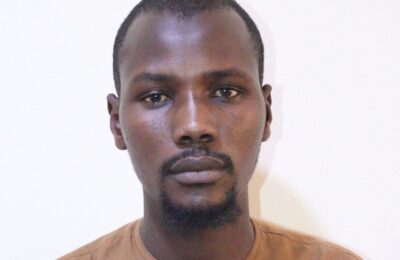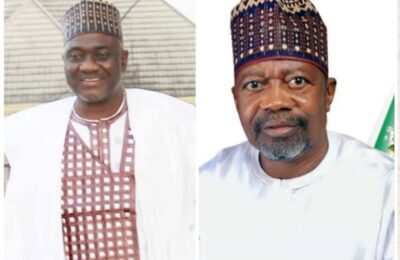As the gubernatorial election in Kogi state drums near, it is noteworthy to go down memory lane to understand the dynamics of the state for good social commentary that will trigger a paradigm shift.
As the tension continues to mount, political activities surrounding the incoming election in Kogi state enters it apogee. Political parties and its various candidates are at this point overly friendly to electorates as they canvass and lobby for votes. The question that hangs on the lips of concerned leaders is; what kind of politician only cares about the people before election and turns a blind eye and deaf ears to the yearnings and aspirations of these same people immediately they assume office?
This has overtime been the trend not only in Kogi state but the nation at large. No doubt, our nascent democracy is gradually becoming a mature entity, as such; deceit characterizing politicking will soon be a thing of the past. Politics and leadership are supposed to be services to humanity for the common good of all but, this is no longer the definitive in Nigeria as we all seem to have gotten it wrong with a faulty political culture that does not promote growth and development. Given the circumstances that are responsible for these, it is pertinent that as the state decides to either continue with the present government or a change into a new government, we have to first know our history and the politics of the state in other to achieve sustainable growth.
Kogi as one of the states in the central region of Nigeria was carved out of Kwara and Benue state on the 27th of August 1991 by the then military head of state General Ibrahim Badamosi Babangida. As one of the North Central states, it is the only state that borders ten different states in Nigeria including the Federal Capital Abuja, the state capital, Lokoja also confluence the two largest Rivers in the country; River Benue and River Niger which is why the state is referred to as The Confluence State. Geographically, it is the 13th largest state and 24th most populated state in Nigeria as at early 2005. These statistics of the state no doubt put the state at an economic advantage to achieve growth and development, market opportunities, job creation, tourism and hospitality for business development. Have the leaders been harnessing these advantages of the opportunities inherently embedded in the state, or are they yet to see the potentials of the state, or are there factors militating against the progress of the state? These are rhetorical questions that might not get direct answers because in reality, the state is rated 23rd by Canback Global as at 2010 in states ranking.
From the above, it shows that the state needs a visionary leader that will take her from the doldrums of squalor, a quagmire that does not portray the state in good light. Though like Nigeria, the state has three main ethnic groups which are Igala, Ebira and Okun, while other small minorities such as Bassa and Nupe equally exist, so one would want to be forced to argue in that light that the problem of the state is ethnic and religious bigotry. For Global Dynamic Leadership Initiative, our analysis does not rest on the indices spelt out above but rather on the people who are the instruments and tools used for political gains. The state needs a paradigm shift from its conventional styles, a shift that is not rested on politicians but on the people, a shift that is not rested on ethnic differences but on ideological and rationality approach which integrates the parts with the whole and finding a way of addressing violence during elections and sentimentalism born out of emotive justification.
As the election draws near, we advocate for Peace and No violence during this period of the electoral process. Our commitment to advance a better Kogi state is not rested on any political party or candidate because wherever the pendulum swings the leaders will still be the same leaders who have had the opportunity of governing the state. So, following the hackneyed word change, a word that has been illogically used which has become a mantra and substitute for development, we advocate a change in political ideology, a change in political culture and a change in the people’s reasoning. We hope and believe that we will get it right this time.
– Akor Martins Adama
Head, Project/Programs, Global Dynamic Leadership Initiative




